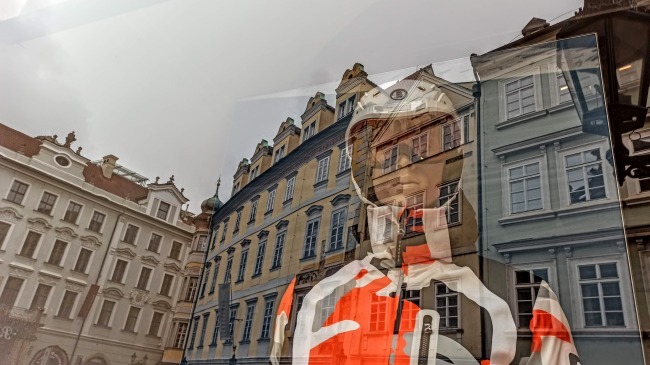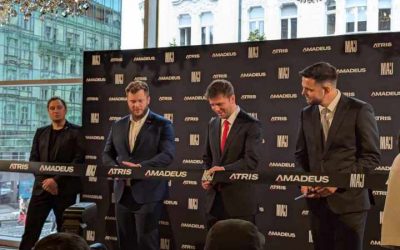Here's a cool concept: The Czech company OPT OnDemand has used growing environmental demands by consumers to carve out a place for itself in the global fashion industry. Hospodářské noviny writes that the company is working with H&M to allow European consumers to have specific pictures or designs printed on blank shirts. Under the usual system, H&M guesses which motifs will prove popular, but inevitably it sells out of some of them (missing out on potential profits) and can't sell thousands of others. Those it can't get rid of in outlets get . . .
------------------------------------------------------------------------------
Subscriber content
Archival content is available to subscribers only. If you have a membership subscription and are are experiencing issues logging in, please try the login below:
If you're interested in reading further, why not gain full access to the archives by subscribing?
Order your subscription here and we'll send you an invoice.
Annual memberships (€100/yr) can also be paid for by credit card, or you can pay month-to-month by clicking here.






